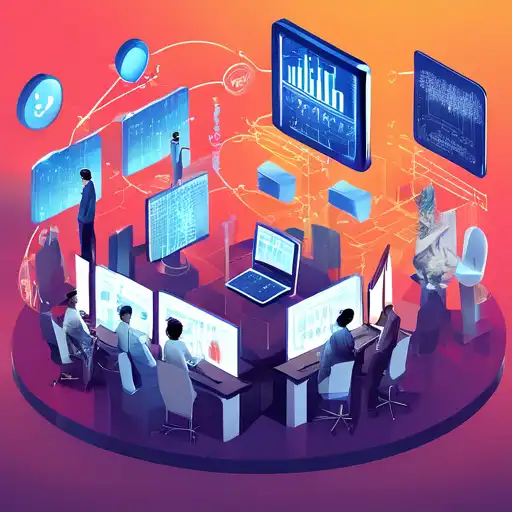Understanding the Power of Data Science
In today's digital age, data is the new oil. But just like crude oil, raw data is of little value until it's refined. This is where data science comes into play, turning vast amounts of unstructured data into actionable insights that can drive strategic decisions.
The Role of Data Science in Modern Businesses
Data science combines statistical analysis, machine learning, and data visualization to extract knowledge and insights from structured and unstructured data. Businesses across industries leverage data science to optimize operations, enhance customer experiences, and innovate products and services.
Key Components of Data Science
- Data Collection and Preparation: Gathering data from various sources and preparing it for analysis.
- Data Analysis: Applying statistical methods to understand patterns and trends.
- Machine Learning: Using algorithms to predict future trends based on historical data.
- Data Visualization: Presenting data in graphical formats to make insights accessible to non-technical stakeholders.
How Data Science Influences Decision Making
Data science empowers organizations to make data-driven decisions, reducing guesswork and intuition-based strategies. By analyzing customer behavior, market trends, and operational efficiency, companies can identify opportunities for growth and areas needing improvement.
Real-World Applications of Data Science
From healthcare, where predictive analytics can save lives, to retail, where personalized recommendations boost sales, data science has a profound impact across sectors. Financial institutions use it for fraud detection, while logistics companies optimize routes and reduce costs.
Challenges and Considerations in Data Science
Despite its potential, data science faces challenges such as data privacy concerns, the need for high-quality data, and the scarcity of skilled professionals. Organizations must also consider the ethical implications of their data use to maintain trust and compliance.
Future Trends in Data Science
The future of data science is bright, with advancements in artificial intelligence, quantum computing, and edge computing opening new frontiers. As technology evolves, so too will the ways in which we collect, analyze, and interpret data.
For those interested in diving deeper into the world of data science, exploring machine learning and big data analytics can provide valuable insights into the tools and techniques shaping the future of decision-making.
In conclusion, data science is not just about handling data; it's about unlocking its potential to inform and transform decisions. By embracing data science, businesses and organizations can navigate the complexities of the modern world with confidence and clarity.
